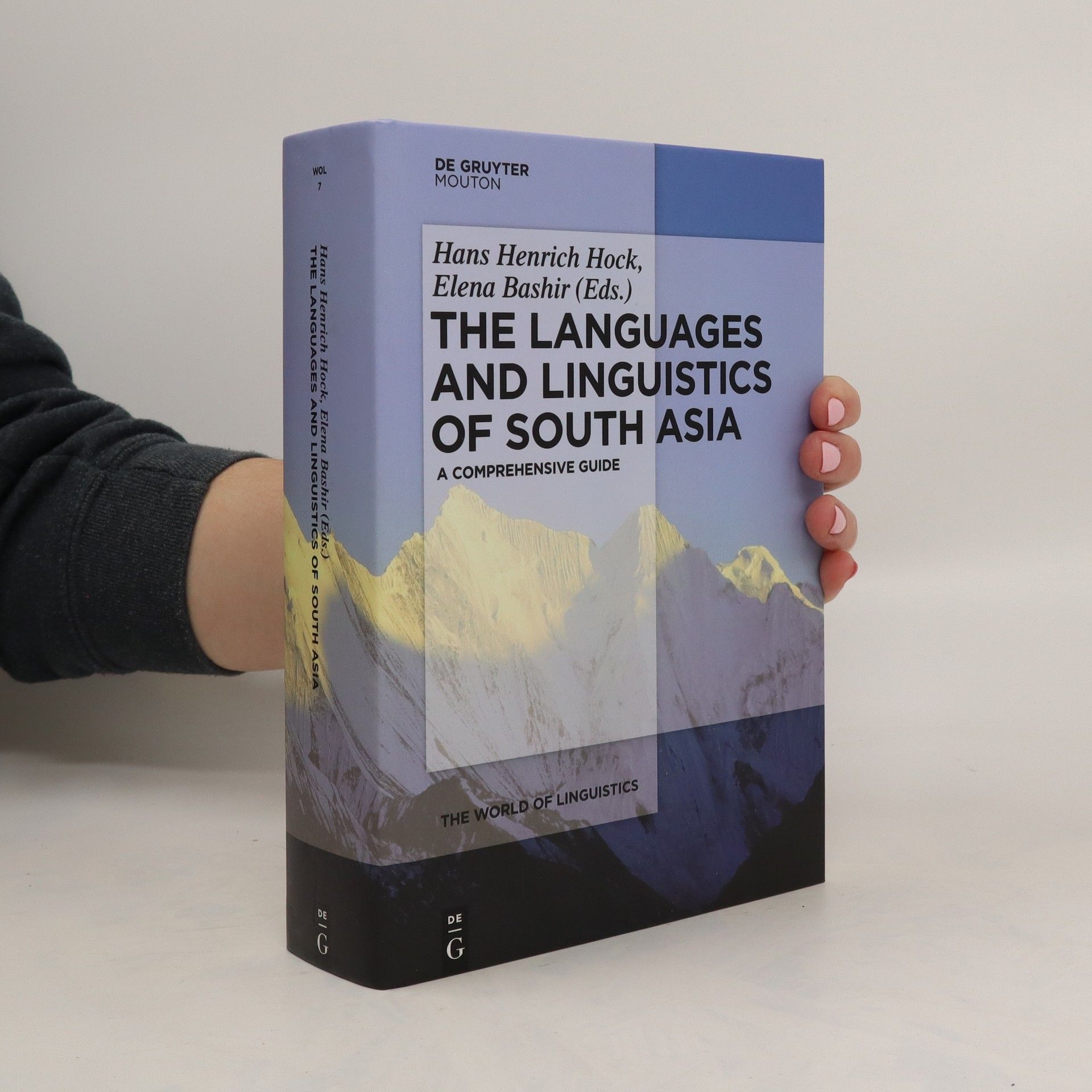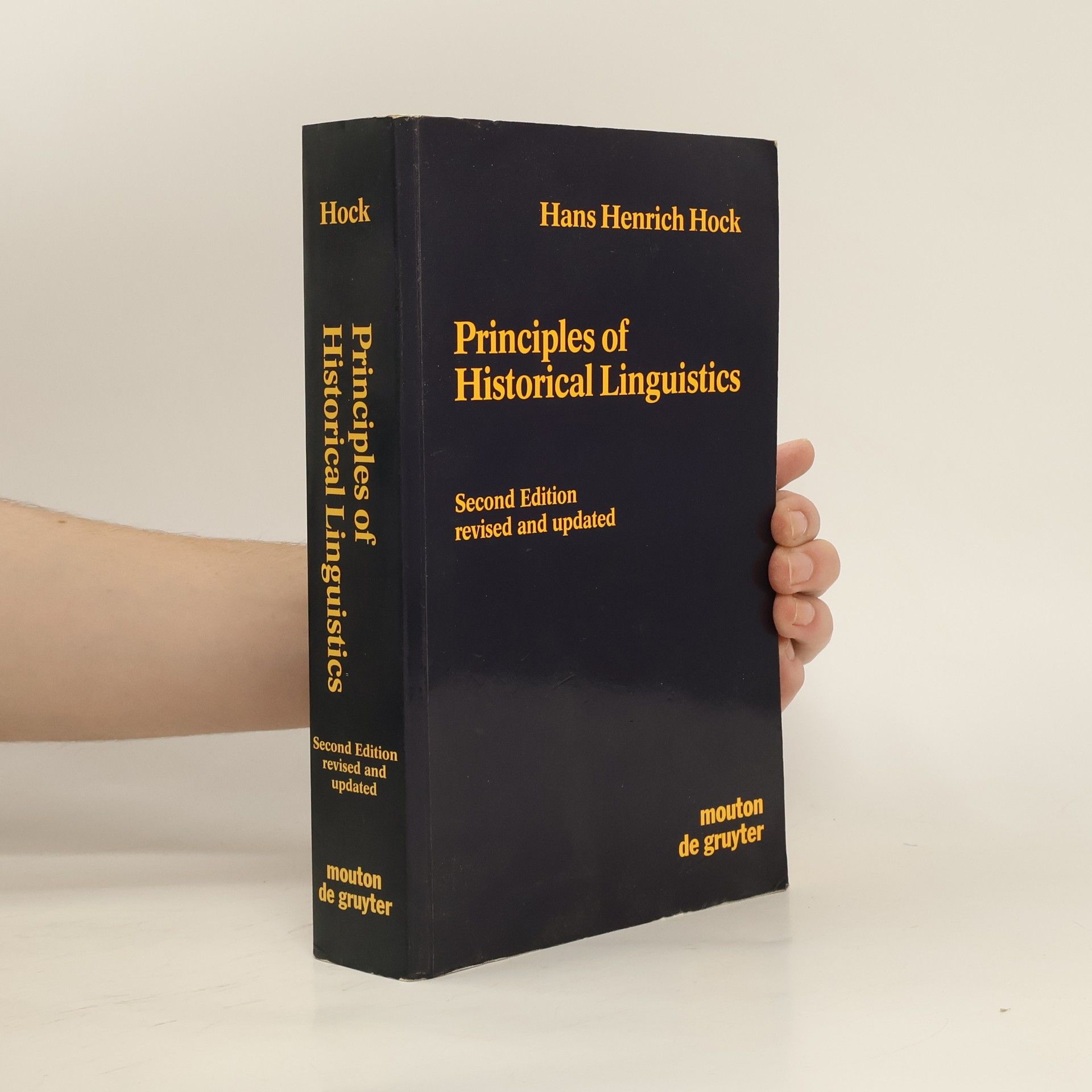Historical linguistic theory and practice contains a great number of different 'layers' which have been accepted in the course of time and have acquired a permanency of their own. These range from neogrammarian conceptualizations of sound change and analogy to present-day ideas on rule change and language mixture. To get a full grasp of the principles of historical linguistics it is therefore necessary to understand the nature and justifications (or shortcomings) of each of these 'layers', not just to look for a single 'overarching' theory. The major purpose of the book is to provide in up-to-date form such an understanding of the principles of historical linguistics and the related fields of comparative linguistics and linguistic reconstruction. In addition, the book provides a very broad exemplification of the principles of historical linguistics.
Hans Henrich Hock Livres


The languages and linguistics of South Asia
- 927pages
- 33 heures de lecture
With nearly a quarter of the world’s population, members of at least five major language families plus several putative language isolates, South Asia is a fascinating arena for linguistic investigations, whether comparative-historical linguistics, studies of language contact and multilingualism, or general linguistic theory. This volume provides a state-of-the-art survey of linguistic research on the languages of South Asia, with contributions by well-known experts. Focus is both on what has been accomplished so far and on what remains unresolved or controversial and hence offers challenges for future research. In addition to covering the languages, their histories, and their genetic classification, as well as phonetics/phonology, morphology, syntax, and sociolinguistics, the volume provides special coverage of contact and convergence, indigenous South Asian grammatical traditions, applications of modern technology to South Asian languages, and South Asian writing systems. An appendix offers a classified listing of major sources and resources, both digital/online and printed.